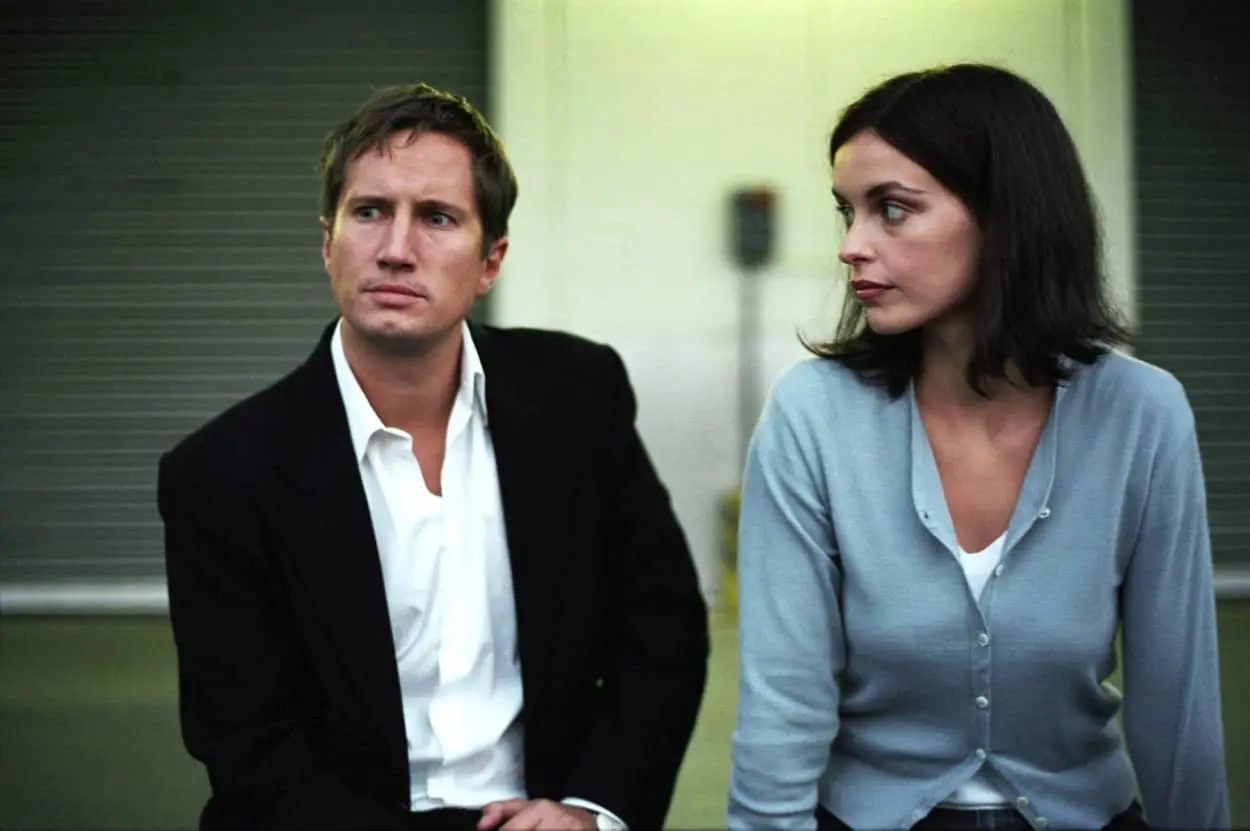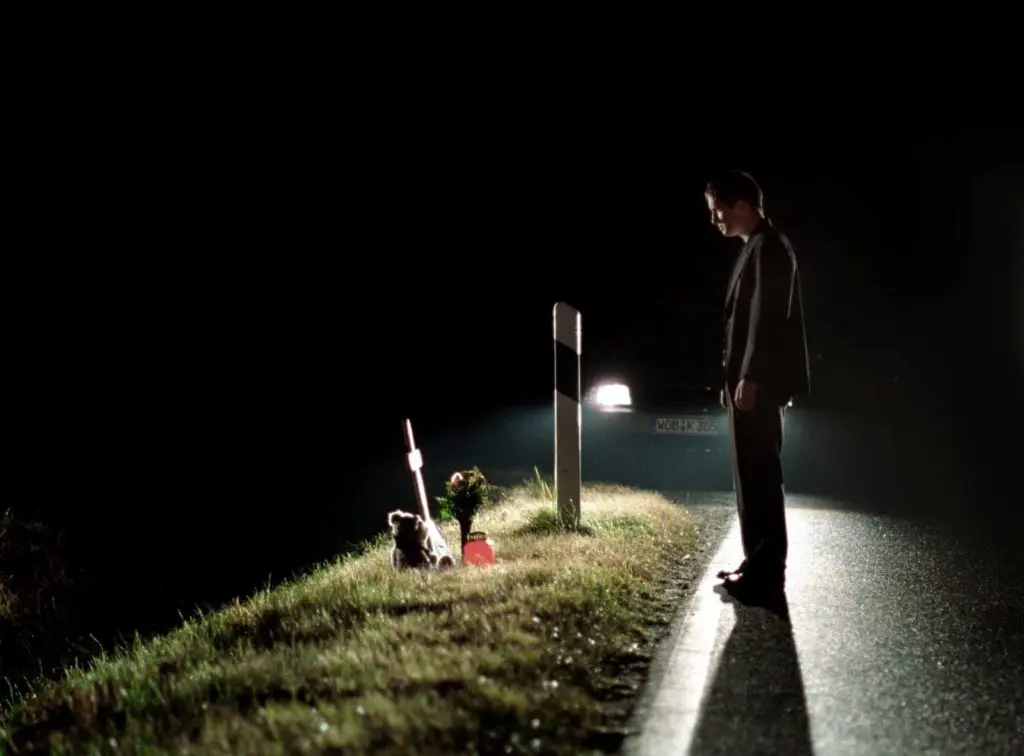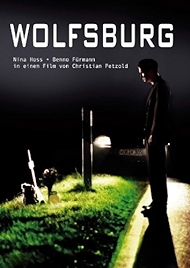Wolfsburg. The title is a bit of a joke, a reference to the city/state in Germany where Volkswagen is headquartered. The fact that there’s not a single VW in the film suggesting that either the lawyers prevailed or writer/director Christian Petzold decided he’d said enough already with his automotively flavoured title.
Because the film is about a car salesman (Benno Fürmann) out on the open road who, while fishing around for his phone on the floor of his classic NSU Ro 80, knocks a boy off his bicycle. Philipp doesn’t pull over to see if the inert figure is OK, partly because he’s in shock, partly because he’s a coward. Though by the next day he’s thought better of what he’s done and heads to the hospital, rehearsing his lines of apology/guilt/exculpation as he goes.
At the hospital, once we’ve clapped eyes on Laura (Nina Hoss), the boy’s beautiful and distraught mother, and given that this is a film with two good-looking big-name stars, the plot starts to suggest itself as if out of the air – he’s not going to blurt out his apology, instead Philipp is going to fall for Laura (Petzold does like his men being thunderstruck by love) and she’s going to fall for him, before it all comes tumbling out dreadfully in the film’s shocking climax.
Like the title, the film is a tease. Petzold knows that we know where this is going and so starts to play with our expectations, sending us first up a cul-de-sac as Laura and her workmate Vera (Astrid Meyerfeldt) do some amateur sleuthing into the possible identity of the killer – the boy has since died, having recovered only enough to blurt out a garbled reference to the car that hit him.
On top of that there’s some space-filling romantic business between Philipp and his vinegary, high maintenance girlfriend Katja (Antje Westermann), and Laura and her boss (Matthias Matschke), a weak man not above using his position to try and gain access to Laura’s pants.
Petzold keeps piling up the obstacles to the smooth playing out of the story, or in an attempt to hide what he’s doing if we’re being less charitable. And it works. Right up until the final few minutes we’re left wondering what Philipp is going to do first, admit his guilt or declare his love – or somehow attempt both in a moment of spectacular bungling.
Nearly all of the film’s decisive moments take place inside cars or near them – in the car showroom where Philipp works, at the scrapyards Laura visits, or just driving almost aimlessly around the Wolfsburg area. Philipp’s wooing technique consists mostly of plonking Laura in the passenger seat and then taking her somewhere. Cars, of course, thanks to the occupants’ forward-facing position, are great places for unburdening. Will he, won’t he?
This amount of tension has to go somewhere, and things do eventually resolve, in a way that feels both earned and satisfying. Still, it’s more driven by plot than character, which is another way of saying that even as it grips it doesn’t quite ring true.
A high drama with a cool surface, from the overcast Lower Saxony locations to the actors’ grey-scale performances, a very nicely executed exercise in audience manipulation.
Wolfsburg – Watch it/buy it at Amazon
I am an Amazon affiliate
© Steve Morrissey 2020


